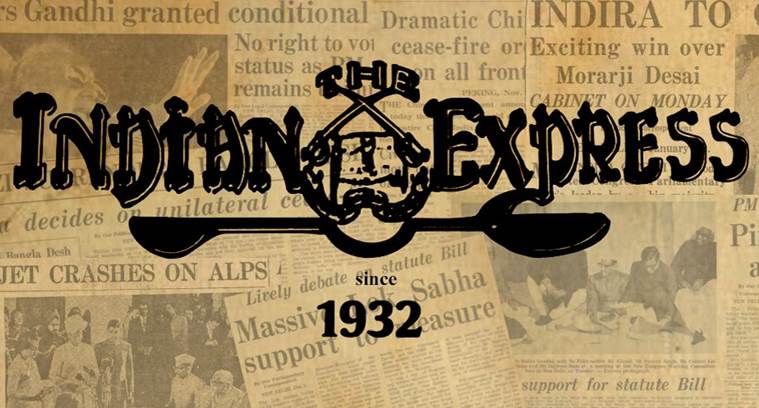Opinion Matter of principle
At a crucial moment in India’s political history, Supreme Court yet again refuses to compromise


Indian democracy is a framework of checks and balances, counterweights and counter-narratives which, in the system’s best version, prevents any of its constituent entities from acquiring overriding powers. When overwhelming political majorities appear to confer sweeping authority on governments, the system depends crucially on independent institutions to provide the counterpoise to keep it on an even keel.
Their role assumes enormous significance when governments at the Centre and in a critical number of states are run by the same political grouping. In that perspective, and even at the risk of continuing friction with the executive, the Supreme Court has done its duty by rejecting controversial clauses in the Memorandum of Procedure. Its five-judge collegium has unanimously dismissed the proposal that government should have the power to reject candidates for the post of high court judge on the plea of national security. This would have conferred a sweeping veto power to the government.
The court itself is prepared to be reasonable. It proposes that the government can bring material on board in support of national security concerns. However, if the collegium is unconvinced and insists on the candidate in question, the government must propose the name to the president. The collegium has also rejected the proposal to set up a permanent secretariat to collect lists of candidates, and to vet them. It insists that such an agency can only operate in a clerical relationship with the existing system of selecting judges. Law Minister Ravi Shankar Prasad asks why the judiciary cannot trust the prime minister to appoint judges through the law ministry. Equally, the minister may be asked why he cannot trust the country’s best judges to have a greater say in the appointment of their peers, whose work they have seen far more closely than the executive.
Last week, the Chief Justice of India had disappointed by asking the contending parties in the Babri Masjid-Ram Janmabhoomi dispute to try to reach a settlement out of court, even though the minority community has clearly held that only judicial intervention can bring closure. But by forcefully rejecting the government’s attempts to gain more leverage in the appointment of judges, by standing up as a crucially important institution which is the custodian of the Constitution, its letter and its spirit, the Supreme Court has again lived up to its stature.
In times of overwhelming electoral majorities, this is how institutions must stand up and be counted. The face-off with the government over veto powers has been in process since May last year, when the previous chief justice was in office. The judiciary must be commended for steadfastly refusing to compromise on its independence, at a time when judicial oversight, one of the checks built into the democratic system, could become an important safeguard.





